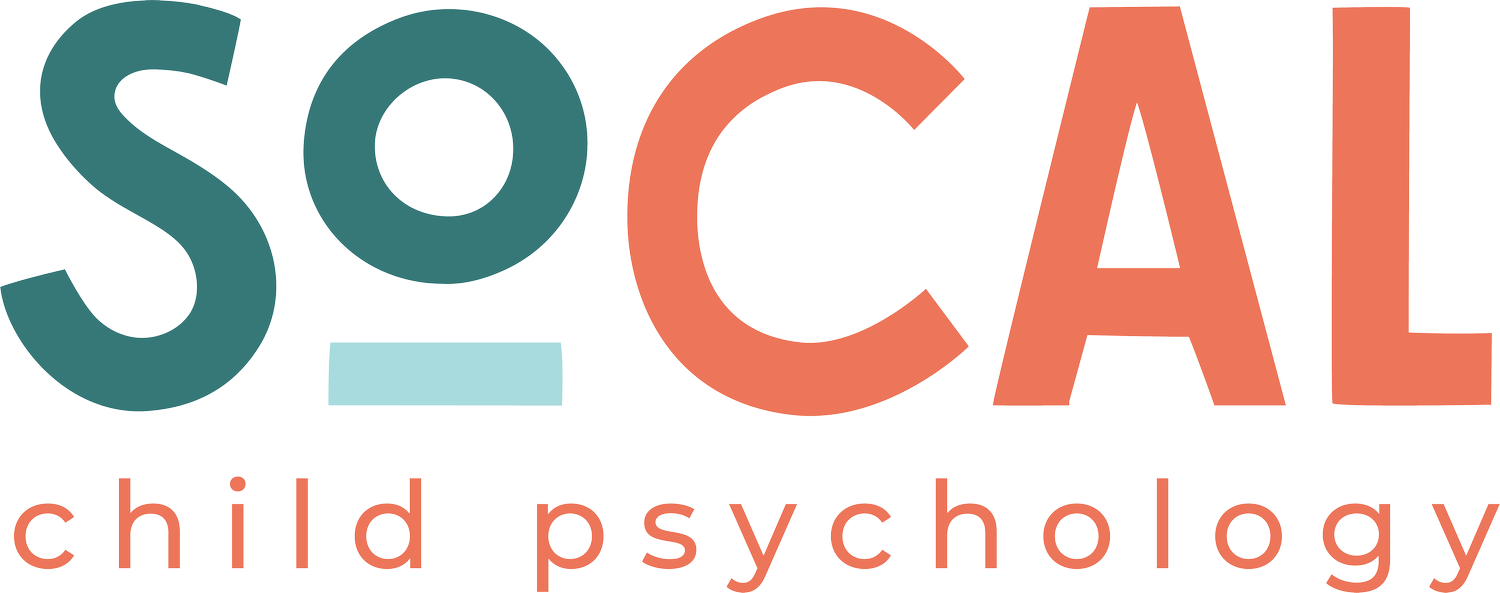Dyslexia Testing for Teens: How to Know When Your Child Needs Help
Dyslexia is most commonly diagnosed when a child is in elementary school.
At a young age, you might notice things like slow reading, difficulty spelling, or trouble recognizing sounds in words.
However, the signs of dyslexia aren’t always obvious. It’s estimated that about 15-20% of the population might have symptoms of dyslexia but have never received an official diagnosis.
As a parent or caregiver, that’s why it’s so important to know when your teenager needs help. If you’re concerned your child may have dyslexia, we provide dyslexia testing in San Diego for children and teens.
With that in mind, let’s take a look at dyslexia testing for teens. We’ll cover some of the signs you might see so you can step in when it looks like your child needs help.
Signs of Dyslexia in Teenagers
The signs of dyslexia in teens really aren’t much different than the signs you would see from a child.
They might read slowly or leave out words when they read aloud.
They might have poor spelling or handwriting or struggle with grammar.
Some unexpected signs include poor organizational skills, poor memory skills, and even low self-esteem caused by their struggles.
It’s important to note that everyone learns differently.
Just because your teen is struggling in one area doesn’t necessarily reflect on their intelligence.
However, if those struggles are causing problems in their academic career or affecting how they see themselves, it’s worth digging deeper into what’s going on.
How Is Dyslexia Diagnosed?
There isn’t a singular medical test that can diagnose someone with dyslexia.
Rather, your teen will have to undergo a comprehensive assessment that involves several different types of tests.
The diagnostic process will include an initial screening to determine areas of struggle for your teen.
Throughout the evaluation, they will undergo reading tests, spelling tests, writing tests, and other cognitive assessments.
They will also be closely observed and perhaps interviewed by the person doing the testing.
Once the testing process is complete, your teen will either receive an official diagnosis or they might be offered some insight and suggestions on how to improve their challenges.
If they are diagnosed with dyslexia, it’s likely both you and your teen will be given resources that can help.
How to Support a Teen With Dyslexia
Even with those resources, it can feel overwhelming to receive a dyslexia diagnosis.
Your teen might struggle with self-esteem issues even more, and as a parent, you’ll want to do everything you can to help them with these challenges.
Thankfully, there are things you can do to support a child with dyslexia at any age.
Start by looking into professional support, such as online therapy in San Diego.
Work with specially trained teachers and tutors who know how to help those with dyslexia learn in different, effective ways.
You might also consider assistive technologies for your teen.
Things like text-to-speech software, grammar pens, and even spelling and grammar checkers can make a big difference.
Talk to their teachers about specific accommodations that might help.
Allowing for more time on papers and tests and reducing their workload might help them absorb more information without feeling the pressure and burden of reading and writing so much.
Teen Counseling in San Diego
It’s essential to ensure your teen feels supported after a dyslexia diagnosis.
Encourage a growth mindset at home, letting your teen know that their challenges are actually opportunities to overcome and do better.
It is often worth it to reach out to a child psychologist in San Diego who specializes in teens and learning differences as well.
If your teen is struggling with self-esteem, frustration, or the challenges of dyslexia, therapy can provide tools to reduce stress, improve focus, and build lasting confidence.
At SoCal Child Psychology in La Jolla, San Diego, we offer teen counseling and psychological evaluations for dyslexia and other learning differences.
Don’t hesitate to reach out for a consultation if you want to support your teen’s mental wellness and academic success.


